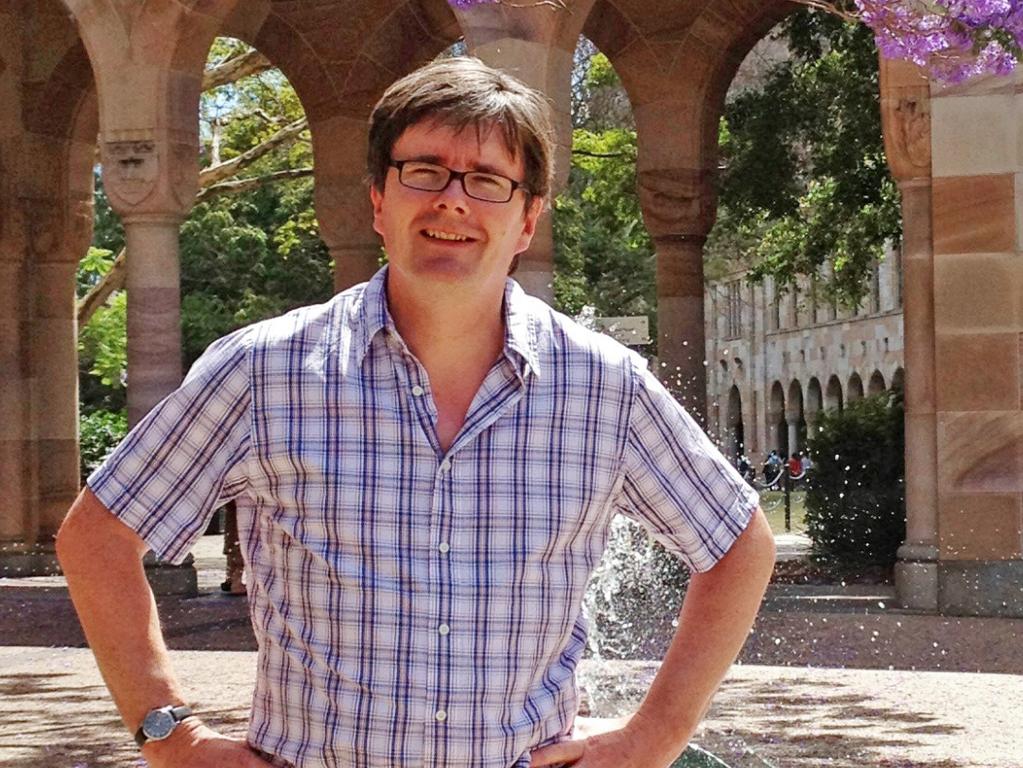Professor Alex Haslam, from the UQ School of Psychology, spoke to the media about UQ-led research that indicated social groups are vital to longevity and wellbeing.
People who lose contact with social groups after they retire from work are far more likely to die early than those who use their retirement to join new groups and take up hobbies.
And while most people devote hours to financial planning ahead of retirement, most spend little or no time on social planning, despite it being four times more likely to impact on post-retirement quality of life.

Professor Alex Haslam, a Laureate Fellow at The University of Queensland’s School of Psychology, was part of a research team which found people who were members of two social groups and maintained those links after retirement had a two per cent chance of dying in the first six years after they finished work.
If they lost connection to one of those groups, their risk of dying rose to five per cent. If they lost both groups, their risk of dying skyrocketed to 12 per cent.
On the flip side, those who used retirement to make new connections to groups had only a 0.41 per cent chance of dying if they added two additional social groupings to their lives.
"So there’s something like a 25-fold difference between those two things," Professor Haslam said.
"Gain two groups, you’ve got a very small chance of dying. Lose two groups, you’ve got more than a 25-fold increase chance of dying which is absolutely massive."
The study, which took into accounts factors such as prior health status, showed the importance of retirees maintaining or making new group connections to stave off loneliness.
Professor Haslam said retirement was a "critical juncture" which often saw people’s group memberships change.
"For some people life gets a lot better and for some people a lot worse and their risk of dying is elevated or decreased as a function as to what happens at that juncture," he said.
Professor Haslam said people invested enormous energy and thought into planning their financial future after retirement, but almost no social planning was done.



